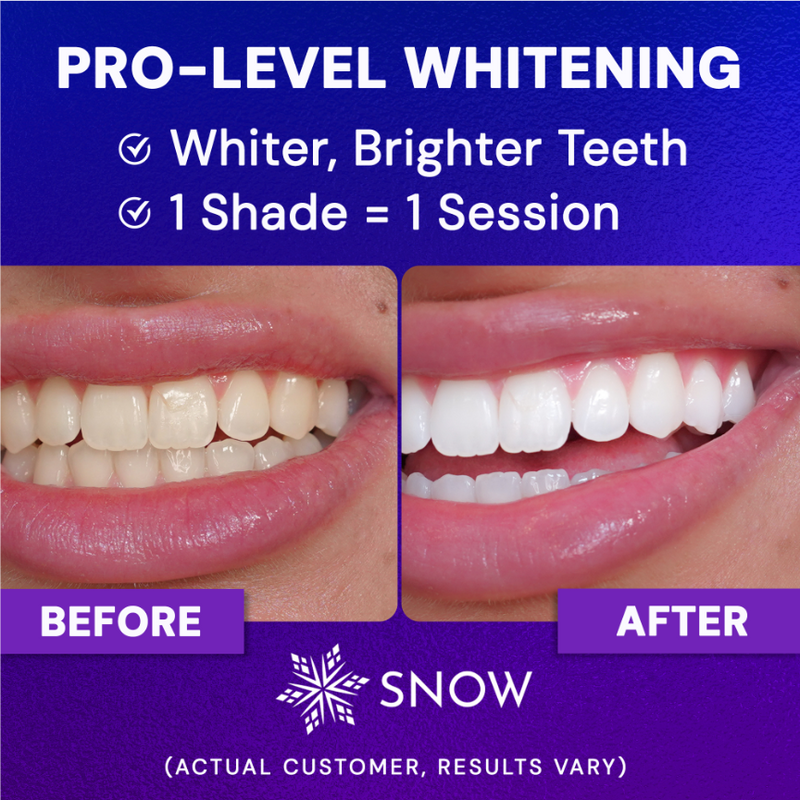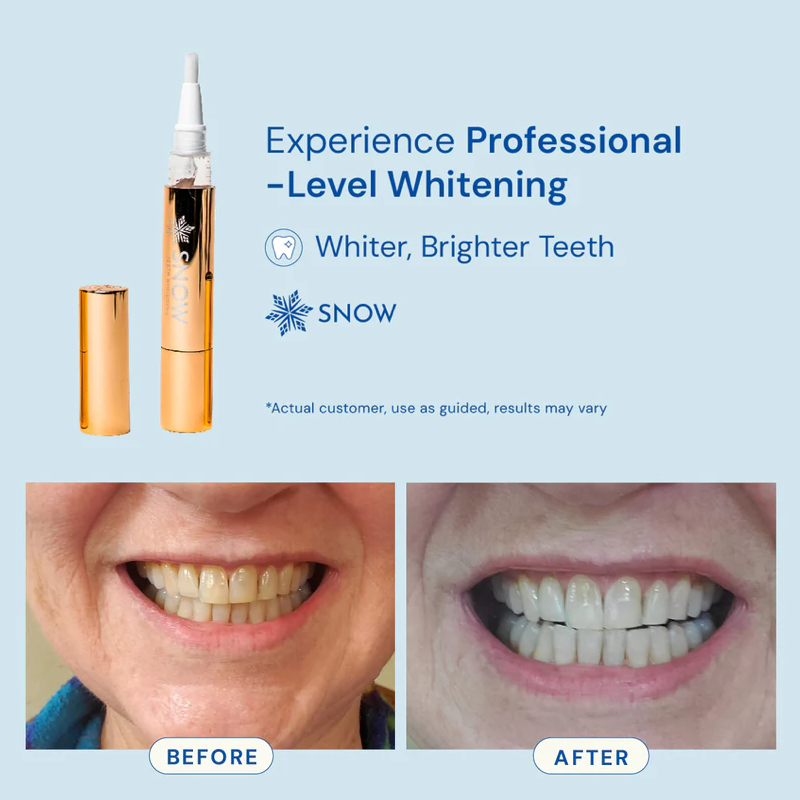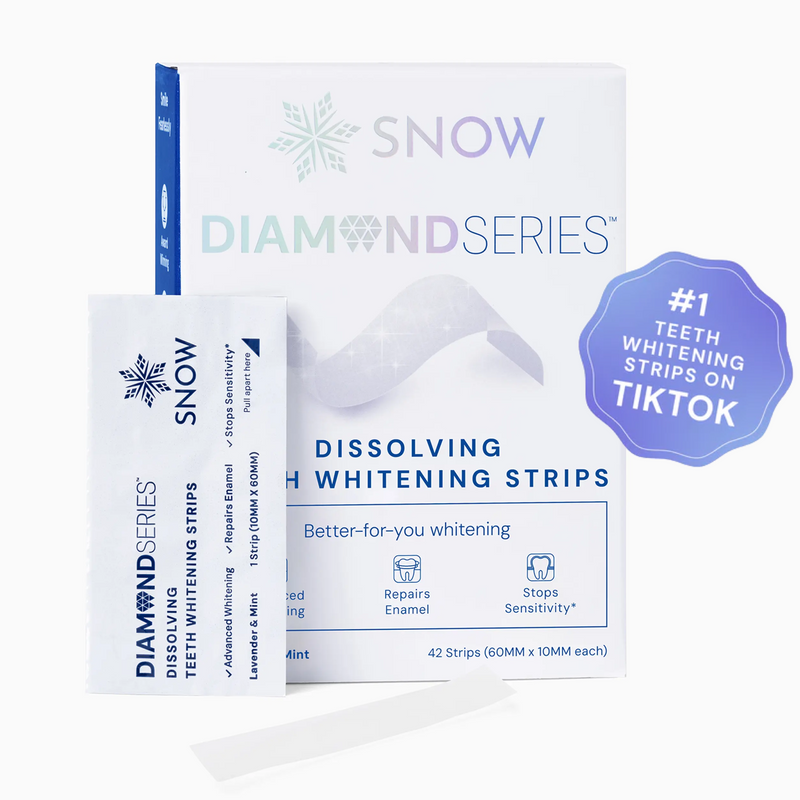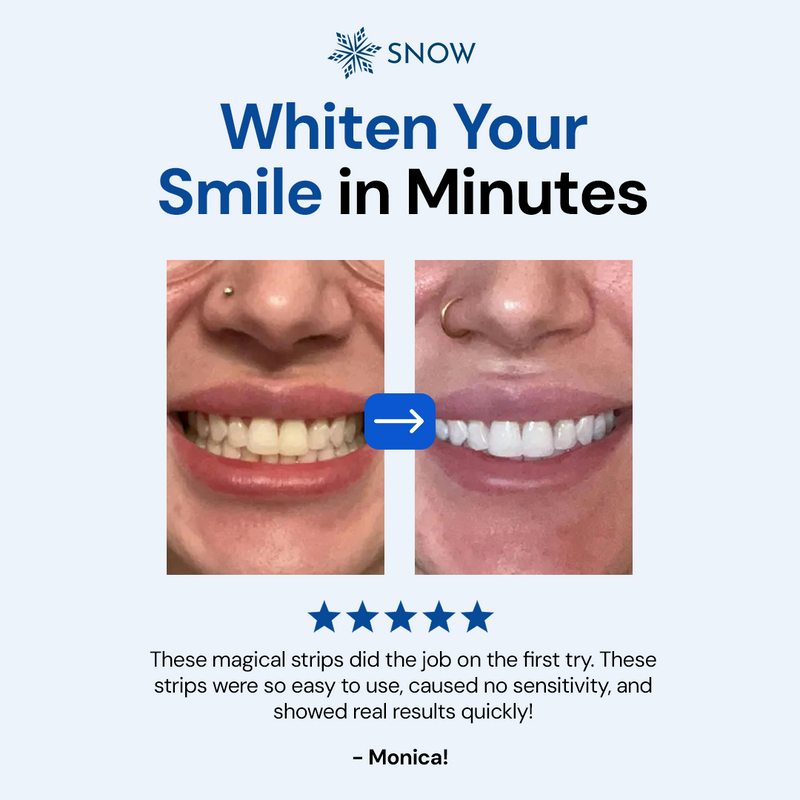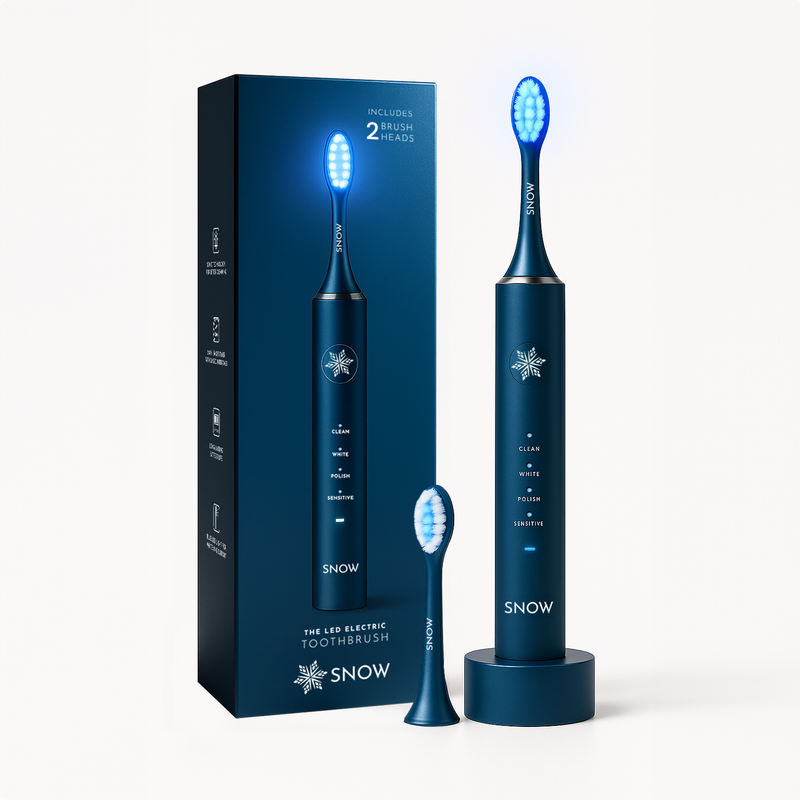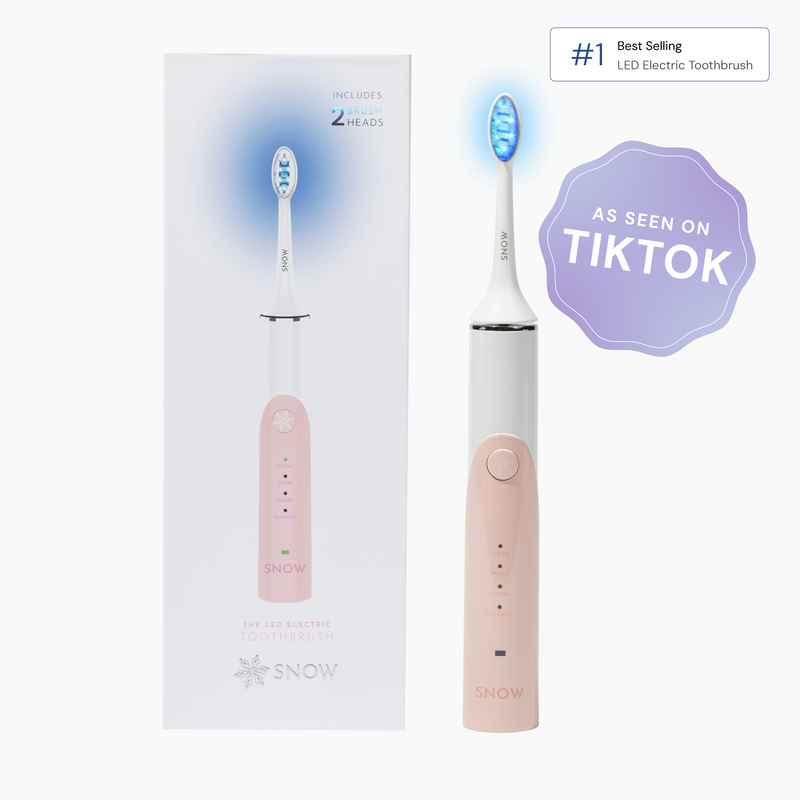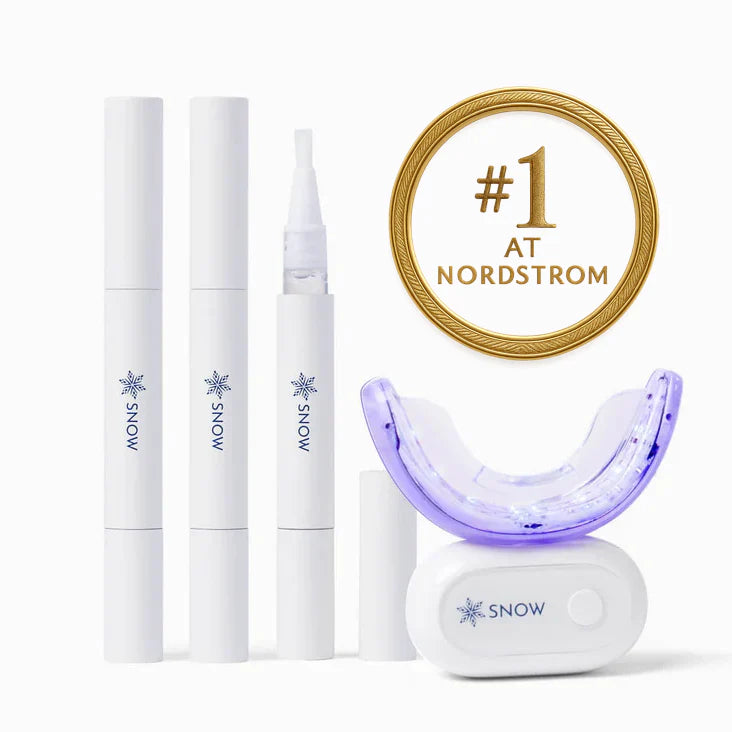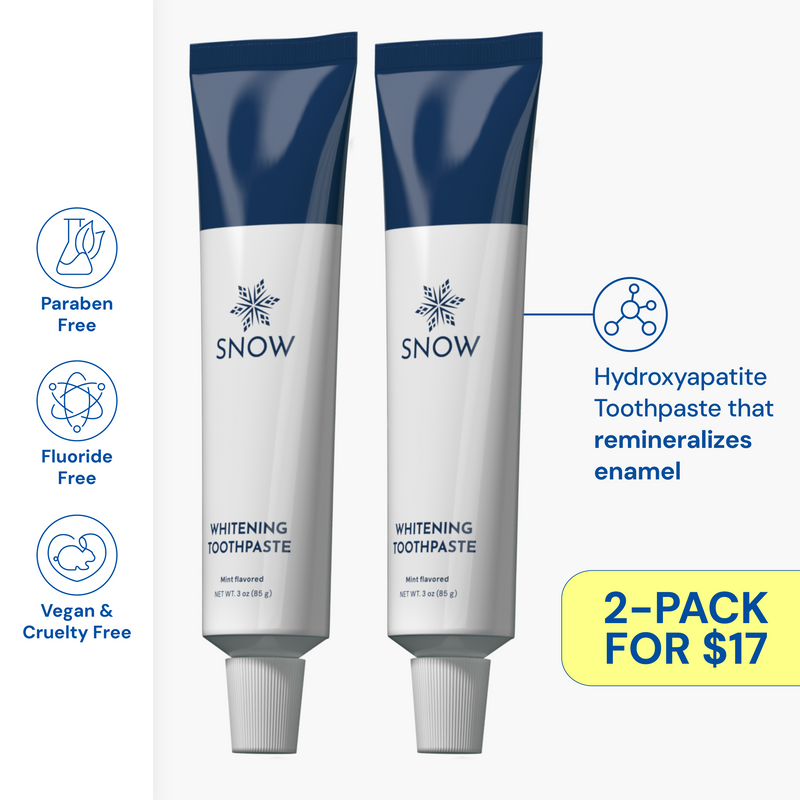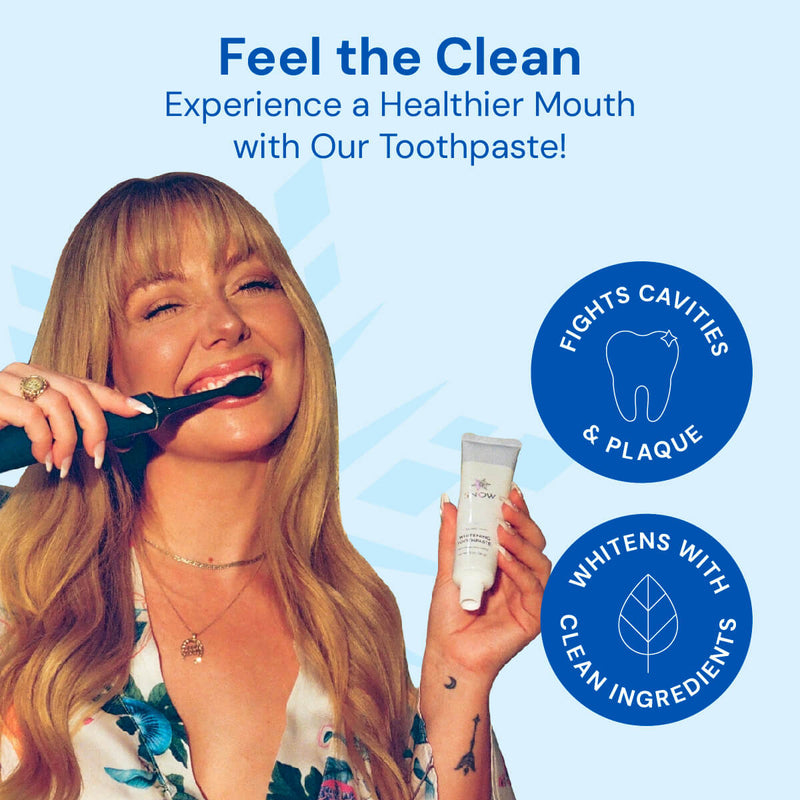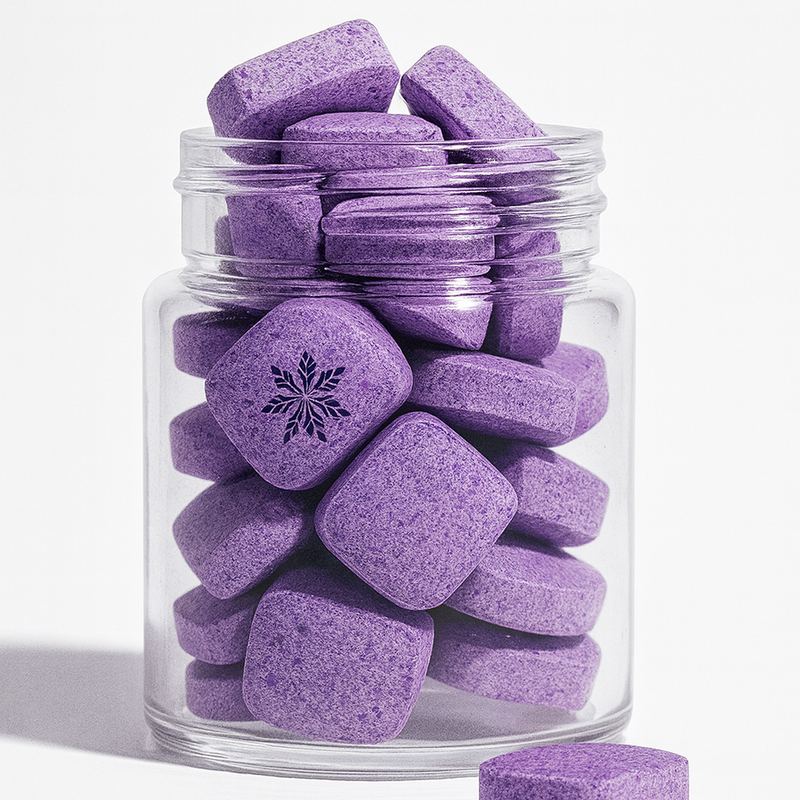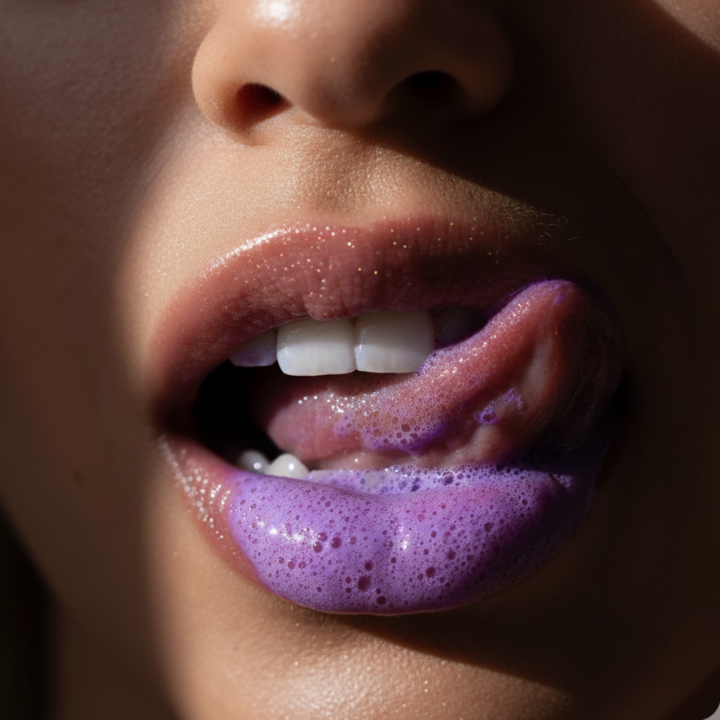Does saliva ruin teeth whitening gel? The short answer is no, but it does play a significant role.
Saliva can impact the effectiveness of teeth whitening products by trying to break down the whitening agents before they fully penetrate the teeth, potentially leading to uneven whitening.
However, this doesn't mean it ruins the process. The key is in the product formulation and application.
This article will explore how saliva interacts with teeth whitening gels, the role of saliva in oral health, and practical tips to manage saliva during teeth whitening, including professional tooth whitening gel.
We'll also address common questions related to saliva and teeth whitening, providing you with a comprehensive guide to achieving that perfect smile with SNOW's teeth whitening products.
What this article covers:- Why Does Teeth Whitening Cause Increased Saliva?
- The Role of Saliva in Oral Health
- Saliva and Teeth Whitening: Some Common Misconceptions
- Saliva and Teeth Whitening FAQs
Why Does Teeth Whitening Cause Increased Saliva?
When we at SNOW develop our teeth whitening products, we're always mindful of how they interact with your body's natural processes. One such interaction is the increased production of saliva during teeth whitening. But why does this happen?

The presence of a teeth whitening agent, often containing hydrogen peroxide, is perceived by your body as a foreign substance. This triggers a natural defense mechanism in your mouth, leading to increased saliva production.
Saliva contains enzymes like salivary peroxidase, which break down hydrogen peroxide into non-toxic elements. This reaction is your body's way of protecting your teeth and oral cavity from potential harm, even when using personal teeth whitening products.
While it might seem like a hindrance to your whitening goals, this increased saliva is actually beneficial. It acts as a protective shield, mitigating the risk of harm to your enamel and ensuring your teeth remain resilient against external stressors.
So, when you're using our SNOW teeth whitening kit, remember that your body's response is an integral part of maintaining oral health, even as you work towards achieving that brighter smile.
The Role of Saliva in Oral Health
At SNOW, we understand that saliva is much more than just water in your mouth; it's a key player in maintaining your oral health.
According to WebMD, saliva is essential for keeping your mouth moist and comfortable, aiding in digestion, and fighting germs. It's not just about hydration; saliva contains proteins and minerals that protect tooth enamel, prevent tooth decay, and combat gum disease.
Moreover, as highlighted by MouthHealthy, saliva washes away food and debris from teeth and gums, assists in breaking down food for easier swallowing, and enhances your ability to taste.
It's fascinating how saliva helps keep the surface of your teeth strong by providing high levels of calcium, fluoride, and phosphate ions right where they are needed most, even if you've swallowed teeth whitening gel.
In the context of teeth whitening, while saliva's interaction with whitening gels is a point of interest, it's important to remember its beneficial role in oral health.
Our SNOW products are designed to work effectively, taking into account the natural functions of saliva, ensuring you get the best results without compromising your oral health.
Saliva and Teeth Whitening: Some Common Misconceptions
At SNOW, we often encounter the misconception that saliva can completely negate the effects of teeth whitening gels. However, this isn't entirely true. While excessive saliva might dilute the gel, it doesn't render it completely ineffective, especially with the strongest teeth whitening gel.
The effectiveness of teeth whitening gels, including those in our SNOW products, is designed to withstand the natural occurrence of saliva to a certain extent. The key to successful teeth whitening lies in managing saliva production during the whitening process.
This ensures optimal contact between the gel and your teeth, leading to better whitening results.
It's a delicate balance, but with the right approach, saliva doesn't have to be an obstacle to achieving a brighter smile.
What To Do With Saliva When Teeth Whitening
To manage saliva while using teeth whitening products, we recommend a few practical steps.
First, try swallowing regularly to prevent saliva build-up. This is a simple yet effective way to keep saliva from interfering with the whitening gel.
Secondly, consider using a little less of the product at a time. This reduces the likelihood of overflow and ensures that the gel stays on your teeth where it's needed. Lastly, taking short breaks during the application can help. This allows you to manage saliva production without disrupting the whitening process.
Additionally, the CDHP Dental Health Project suggests that using a tissue to remove saliva can actually interfere with the whitening process, as tissues can absorb the whitening solution, reducing its effectiveness and potentially causing irritation to your gums.
Saliva and Teeth Whitening FAQs
Can I swallow saliva during teeth whitening?
Yes, you can swallow saliva during teeth whitening. It's a natural response, and swallowing helps manage excess saliva without disrupting the whitening process.
According to WebMD, saliva production is a normal bodily function that keeps the mouth moist and aids in digestion. When using teeth whitening products, it's common to produce more saliva.
Swallowing it is a simple and effective way to manage this increase without affecting the whitening process.
What happens if you swallow teeth whitening gel?
Swallowing a small amount of teeth whitening gel is generally not harmful. However, it's important to use the product as directed and minimize swallowing the gel as much as possible.
Most teeth whitening gels contain peroxides, which are safe in the small amounts used in dental products but can cause stomach upset or nausea if ingested in larger quantities.
Therefore, while accidental ingestion of small amounts shouldn't be a cause for alarm, it's crucial to follow product instructions and avoid swallowing the gel.
How do you stop saliva while teeth whitening with a product where you can sleep with it?
To reduce saliva production while using a whitening product overnight, consider using a smaller amount of gel, ensuring a snug fit of the mouthpiece, and trying to relax your mouth to reduce the stimulation of saliva glands.
As per the advice from dental professionals like Dr. David Chen, DDS, on Jackson Ave Dental, using teeth whitening treatments right before bed can help minimize saliva interference.
The body naturally produces less saliva during sleep, and being in a reclined position can further reduce saliva flow, making overnight treatments an effective option for those who struggle with excessive saliva during teeth whitening.
Conclusion
Understanding the interplay between saliva and teeth whitening is crucial for anyone seeking a brighter, whiter set of teeth.
We've debunked the myth that saliva ruins the effectiveness of teeth whitening gels, revealing that while it may dilute the gel, it doesn't completely negate its effects.
Managing saliva production is key to ensuring optimal gel contact with your teeth, enhancing the whitening process.
We've also addressed common concerns, reassuring that swallowing a small amount of teeth whitening gel is generally safe, and provided tips for reducing saliva production, especially with overnight whitening products.
Remember, each individual's experience may vary, and finding the right balance for your body's natural responses is essential.
For those looking to achieve that dazzling brightness, explore our range of effective teeth whitening products at SNOW, where we're committed to helping you achieve your best oral health and aesthetics.
If you found this article helpful, check out these related titles:
- Can You Use Your Retainer for Teeth Whitening
- What Happens If You Leave Teeth Whitening Gel on Too Long
- Does Teeth Whitening Gel Work
- How Long Does Teeth Whitening Gel Last in the Fridge
- What Can I Drink After Teeth Whitening?
- How Long After Teeth Whitening Can I Drink Alcohol?
- How to Keep Teeth White While Drinking Coffee
- How Long After Home Teeth Whitening Can I Drink Tea?
- Can I Drink Lemonade After Teeth Whitening?
- Can I Eat Lettuce After Teeth Whitening?
- Does Listerine Stain Teeth?
- Does Chlorophyll Stain Teeth?
- Does Fluoride Stain Teeth?
- Does Mouthwash Stain Teeth?
- Doxycycline Yellow Teeth















































